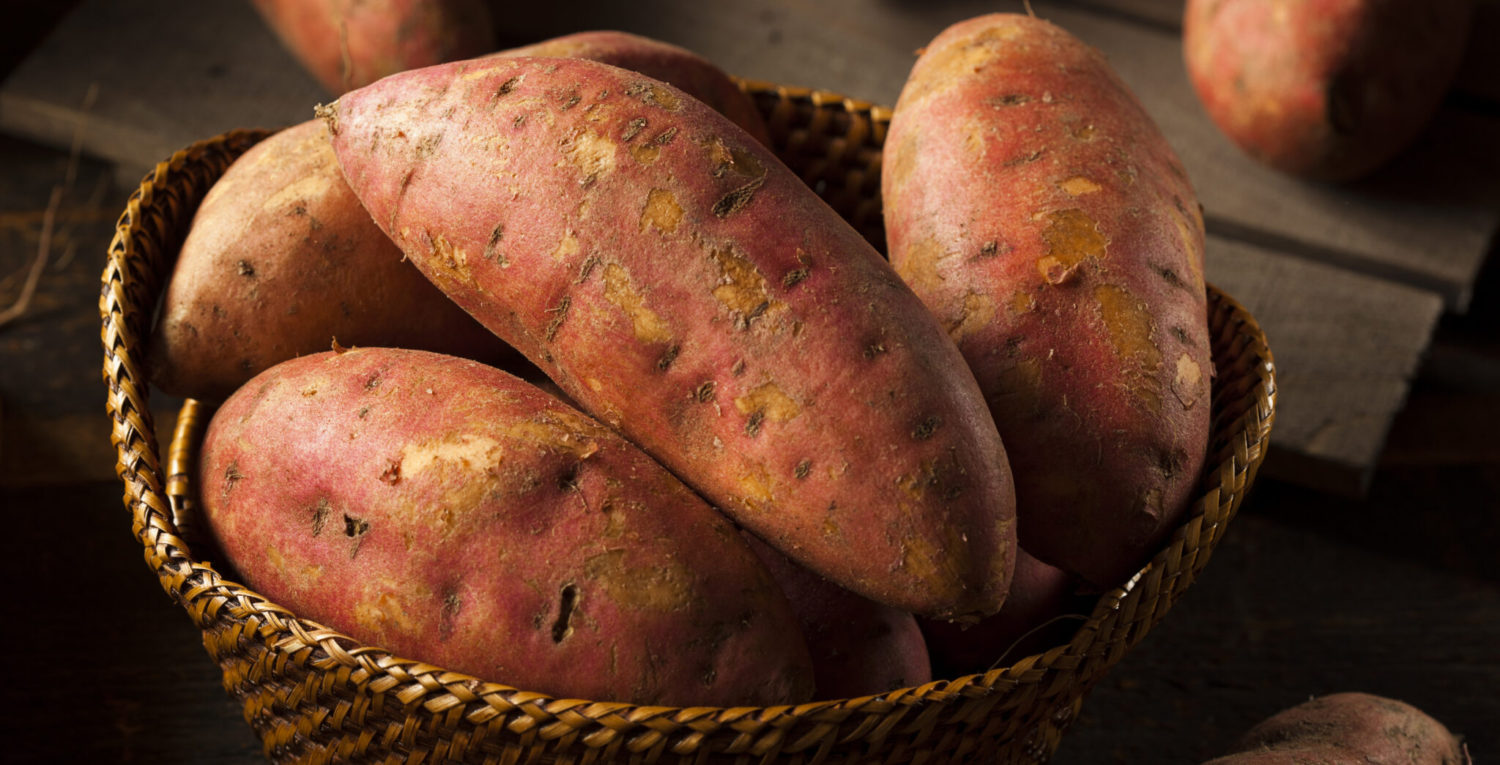
Sweet potatoes are a versatile and nutritious crop that holds significant potential for farmers in Uganda. The adaptability of sweet potatoes to different soils and climatic conditions, coupled with their relatively short growing cycle, makes them an ideal crop for smallholder farmers looking to maximize their profits.

By taking advantage of both the raw tubers and the wide range of products that can be derived from them, Ugandan farmers can unlock new revenue streams and enhance their economic resilience.
Sweet potatoes are particularly suited to Uganda’s agricultural landscape. They can be grown throughout the year, though they thrive best during the two main rainy seasons. This continuous cultivation capability ensures a steady supply, meeting both local consumption needs and surplus for processing and export.
The local market demand for sweet potatoeshas geown due to their role as a staple food rich in vitamins, minerals, and dietary fiber. Beyond local consumption, there is growing international interest in sweet potato products, driven by trends towards healthier diets and the search for gluten-free alternatives.
One of the most promising aspects for sweet potato farmers is the production of sweet potato flour. This gluten-free alternative to wheat flour is gaining popularity among health-conscious consumers and those with gluten intolerances. Farmers can collaborate with milling facilities to produce and package flour, which can be sold both domestically and internationally.
Sweet potato chips and crisps are increasingly popular as healthy snack options. Small-scale processing units can be set up to wash, peel, slice, and fry sweet potatoes. These snacks can be seasoned and packaged attractively, catering to both local markets and export opportunities.
Sweet potato puree is another value-added product with substantial demand, particularly in the baby food market. Puree production involves minimal processing and can be preserved using canning or freezing methods, making it a viable option for both local and international markets.
Sweet potatoes can also be fermented to produce alcoholic beverages such as sweet potato beer and wine. This niche market can be particularly lucrative if marketed effectively. Establishing small breweries or distilleries could provide farmers with a high-value.
The residual by-products from sweet potato processing, such as peels and vines, can be converted into animal feed. This not only reduces waste but also provides an additional income stream, especially for farmers engaged in mixed farming practices.
While the potential for profit is significant, there are challenges that farmers must navigate. These include access to quality planting materials, pest and disease management, and the need for processing infrastructure.
To address these issues, farmers can form cooperatives to pool resources and share knowledge. Cooperatives can also facilitate bulk purchasing of inputs and collective marketing of products, thereby increasing bargaining power and reducing costs.
Partnerships with government agencies and non-governmental organizations can provide access to training, technology, and financial support.
The cultivation and processing of sweet potatoes present a lucrative opportunity for farmers in Uganda. By diversifying into value-added products such as flour, chips, puree, beverages, and animal feed, farmers can significantly enhance their income.
Overcoming the challenges through cooperative efforts and strategic partnerships will be key to fully harnessing this potential. With the right support and innovation, sweet potatoes can become a cornerstone of sustainable agricultural development in Uganda.

















